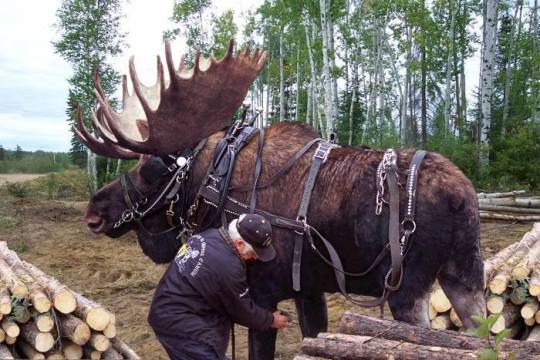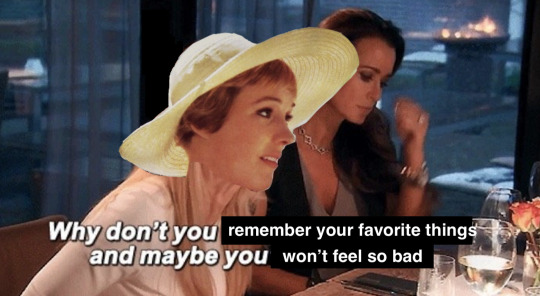Don't wanna be here? Send us removal request.
Text
So glad I get to experience homosexual desire. One life and thank god I'm not straight
7K notes
·
View notes
Text
I could be your ibuprofriend :).....or your advillain >:)
46K notes
·
View notes
Photo

This guy raised an abandoned moose calf with his Horses, and believe it or not, he has trained it for lumber removal and other hauling tasks. Given the 2,000 pounds of robust muscle, and the splayed, grippy hooves, he claims it is the best work animal he has. He says the secret to keeping the moose around is a sweet salt lick, although, during the rut he disappears for a couple of weeks, but always comes home…. Impressive !! MINNESOTA CLYDESDALE
183K notes
·
View notes
Text
Everyone gives Sherlock Holmes a hard time about being mean about Watson's writing, but honestly imagine you told your roommate "sure, you can write up an account of my work for the newspaper," thinking it would be like, about the murder, but then he publishes it and it's 90% about you, as a person, and it's a huge hit and now everyone in London knows that you hoard newspapers and do cocoaine when you're depressed. Because I think you'd be little miffed too.
98K notes
·
View notes
Text
"you're really scraping the bottom of the barrel" girl i am living that balsamic life, that's the mommy down there at the bottom.
29K notes
·
View notes
Text
need a full body massage a margarita 400mg of ibuprofen a plate of brownies at least an hour in a jacuzzi and 20,000 dollars cash
272K notes
·
View notes
Text
Chappell roans long sleeve femininomenon shirt should be free to gay missourians. I shouldn't have to pay $95 for that
7 notes
·
View notes
Text
Listen. I get that he was in the wrong for “turning those cows inside out” and “eating the entire solar system” but John Gaius was so real for having apocalyptic levels of rage towards trillionaires. He’s really just like us. Rip John Gaius you would have loved killing the entire human race to make Elon Musk face consequences of his actions 💕
833 notes
·
View notes
Text
i need people to understand that making a blanket statement about what corsets were or what purpose they served is like if you made a blanket statement about panties and why people wear them and you didn't specify whether you meant g string thongs or boxer briefs or a jockstrap or cotton bikinis or
21K notes
·
View notes
Text
I'm, above all else, a tangentgirl. always saying shit like "sidenote," "oh also," "by the way,"
59K notes
·
View notes
Text
This TiKTok 1000000% does not go where you would expect.
39K notes
·
View notes
Text

Albert Lynch Joan of Arc in prayer
Oil on canvas, 95 x 47 cm, 19th-20th century
4K notes
·
View notes
Text


Salomé - Henri Regnault (detail) // The Penitent Magdalene - Guido Reni // Bethlehem - Semler
34 notes
·
View notes
Text



Inspired by the song "I'd Rather Be A Ghost" by Semler
8 notes
·
View notes

